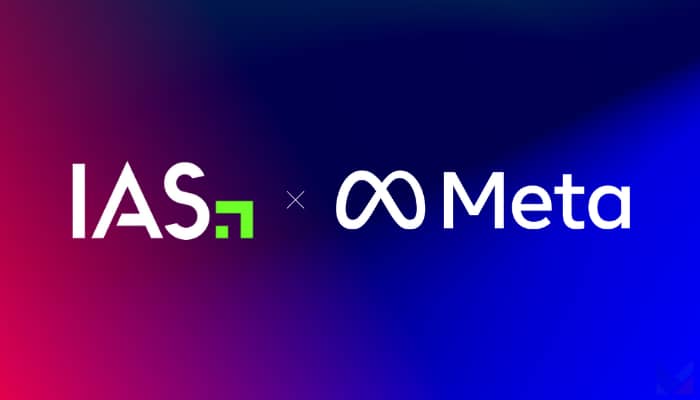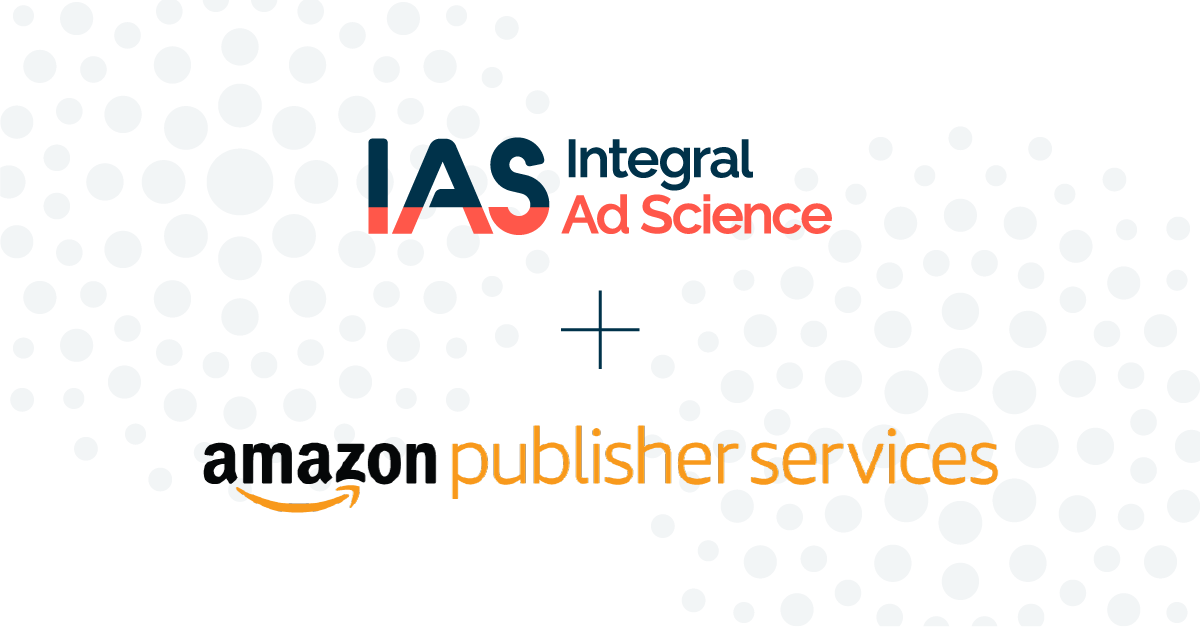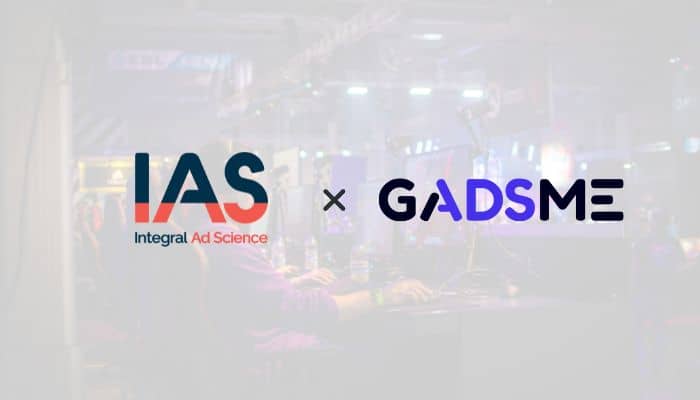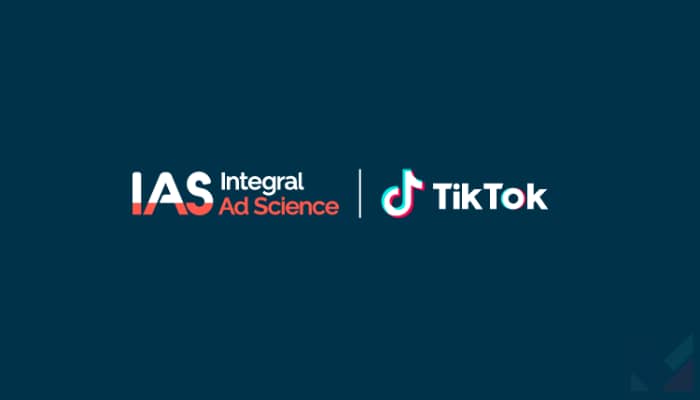Singapore — Anzu, an in-game advertising solution, and Integral Ad Science (IAS), a global media measurement and optimization platform, have announced the introduction of an industry-wide solution that tracks viewability and invalid traffic (IVT) across 2D and 3D gaming environments.
Anzu and IAS have enhanced their in-game ad measurement solution, providing advertisers with increased trust and confidence in investing in the gaming industry. This comprehensive solution spans mobile, PC, and console gaming platforms, supporting programmatic and direct ad purchases for display and video formats.
Ben Fenster, co-founder and CPO, at Anzu, said, “When founding Anzu, we knew that for in-game to succeed, advertisers would need a robust and transparent way to measure their success and be able to compare it to other mediums, which is why this area has been a core focus for us as a business from day one.”
He added, “It’s been great to work together with IAS on this first-to-market solution which marks a significant step forward in how measurement is done within the in-game advertising space.”
Meanwhile, Yannis Dosios, chief commercial officer at IAS, said, “We know that gaming is one of the most compelling environments for advertisers because consumers bring passion, focus, and dedication when they are playing.”
Dosios added, “Our expanded partnership with Anzu brings IAS’s powerful viewability and invalid traffic measurement products to in-game 3D settings for the first time, demonstrating our leadership in the gaming space while providing marketers with even greater levels of transparency and actionable data to deliver results for their campaigns.”










